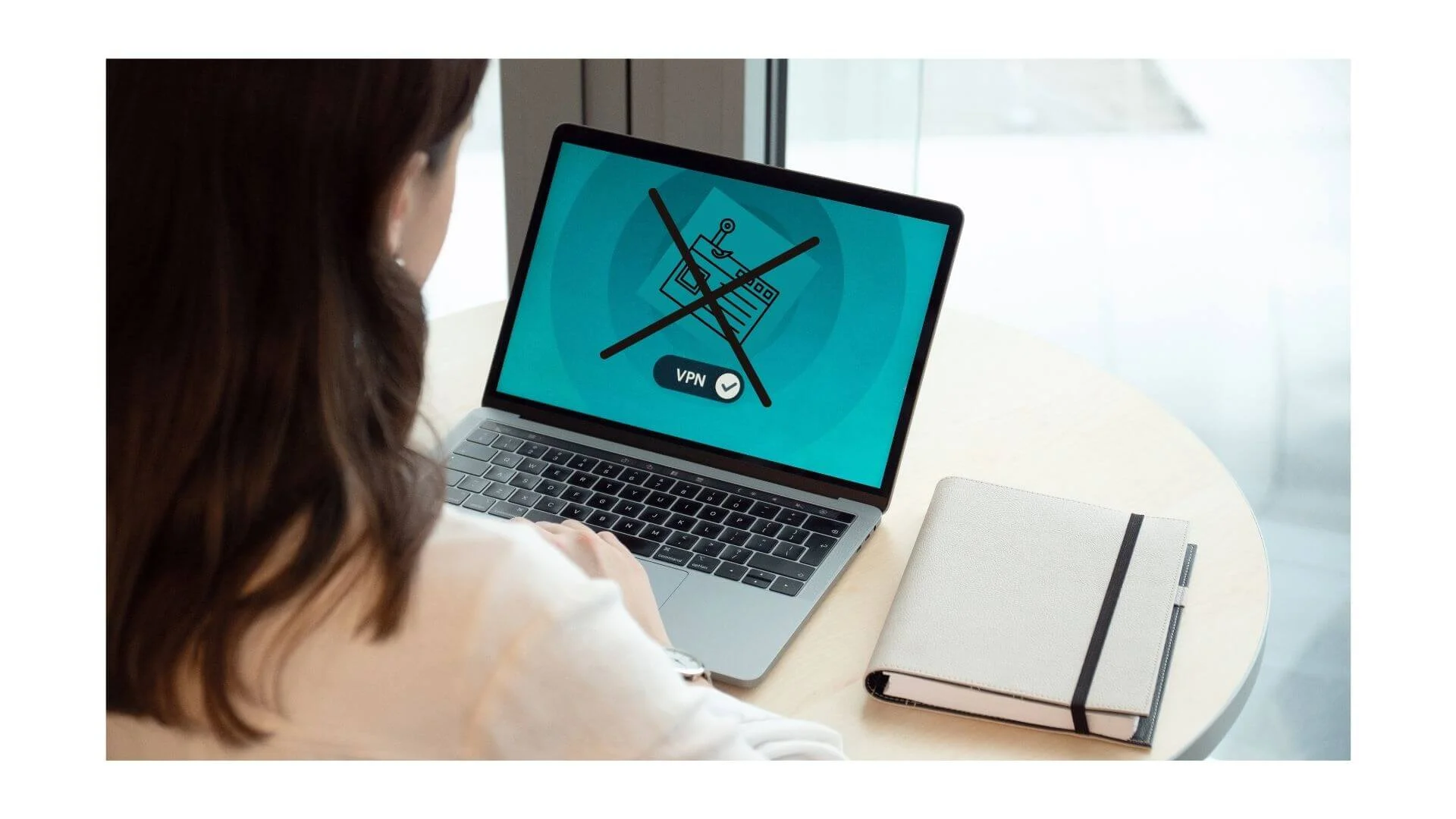Does VPN Protect You from Phishing? [All You Need to Know]

In the online world, you’re never truly safe from people who are after your sensitive information. There are countless things hackers can do with your email password, name, address, or credit card information.
In the last few years, phishing attacks have been the most common type of cybercrime. And the main goal behind them is to grab any sensitive information you provide.
With that said, doing everything you can to prevent such breaches is a good idea.
There are several things you can do to keep phishers at bay. Not clicking on random links and avoiding pop-up messages are the most common ones among them.
However, what many people wonder is:
Does a VPN protect you from phishing attacks?
That’s exactly what we’ll look into in this post. Not only that, but we’ll also provide some extra tips for staying safe from phishing attacks when browsing the web.
Let’s get right into it.
What Is Phishing and How Can It Harm You?
Phishing is a common type of social engineering attack that aims to acquire the victim’s login credentials and credit card details.
Most often, phishing attacks involve tricking the victim into clicking a malicious link hidden behind an email, instant message, or text message. Opening this link leads to the installation of malware and gives hackers access to your data.
While many users aren’t aware of it, this type of attack can have devastating outcomes. For individual users, this can be:
- Unauthorized purchases
- Stealing of funds
- Identity theft
When utilized as a part of a larger attack, phishing can also help hackers gain a foothold in corporate and governmental networks.
Does a VPN Protect You from Phishing?
Yes, using a reliable VPN service can help prevent phishing attacks. This type of software now comes with all sorts of advanced security features that help you stay safe online.
Here’s what they can do to save you from harm:
Blocking Malicious Sites
Many VPN providers offer features that aim at detecting and blocking malicious sites. For example, if you click on a link in a phishing email, the software will let you know that the site may be trying to steal your information.
Not all VPNs on the market come with such advanced security features. Top VPNs, however, have wide databases of known phishing sites, and they do everything they can to ensure users don’t fall victim to such scams.
Blocking Pop-Ups and Ads
Internet wrongdoers often hide phishing links behind pop-ups and ads. Clicking on them just once is enough for someone to gain access to your sensitive information.
Some of the best VPNs either block ads from malicious websites or block all ads from popping up in the first place.
Curious about the limits of VPN ad filtering? Check our guide on will a VPN block ads to see what kinds of ads VPNs can stop and when you still need extra protection.
Encrypting Connections
You’ll often hear a VPN service promising to encrypt your connection. This means that all your internet traffic will travel to and from its secure VPN server, eliminating the possibility of someone monitoring your activity or intercepting your data.
Blocking Unsafe HTTPS Sites
Most users believe they’re safe from phishing links when surfing only HTTPS websites. While they’re more secure, nothing keeps you entirely secure online.
If any HTTPS website is a place phishers use to squeeze out your sensitive information, your VPN may be able to identify and block it.
Protecting Your Email
Phishing links often arrive in random emails arriving at your address. But where did the hackers behind it find your email in the first place?
When using a VPN that encrypts all your traffic, you’ll reduce their chances of obtaining the information you leave behind and filling your inbox with phishing messages.
How to Stay Safe – 10 Tips
Luckily, there are some things you can do to identify and prevent phishing scams:
1. Use a VPN
As we mentioned above, top VPN options come with numerous security features that, among others, can detect and block phishing links.
Also, by encrypting your connection, you ensure hackers can’t intercept your traffic and gather your data.
2. Know What Phishing Scams Look Like
You can’t stay entirely safe from phishing scams if you don’t know what they look like. While new variations of these scams keep emerging, they all share some commonalities you can identify.
Poor-written content, grammatical and spelling errors, and lower-resolution visuals are just some of the things phishing websites have in common.
3. Don’t Click on Unsafe Links
One of the most important steps you can take when it comes to protecting yourself from phishing scams is not to click on links you receive in emails and instant messages.
Even when the link is coming from someone you know, being extra careful is a good idea.
If you’re going to click on a link you’ve received, first hover over it and check if the destination is the one you think it is. Keep in mind that this won’t always keep you safe as some phishing sites are a carbon copy of genuine ones.
4. Install Anti-Phishing Add-Ons
Most internet browsers now come with various add-ons you can install. Some of them have been designed to detect and block phishing links.
Usually, these add-ons are free and take just a few clicks to install.
5. Never Leave Your Information on Unsecured Sites
You should never trust sites that don’t start with HTTPS or don’t have a closed padlock next to the URL with your sensitive information.
If you have to, consider using a password that’s not the same as the one you use for your email, banking accounts, and similar.
6. Regularly Change Your Passwords
Passwords are a good tool for keeping phishing scammers at bay, but you have to rotate them regularly.
Once hackers get their hands on your password, they’ll be able to find other accounts they can use it on.
This is why it’s a good idea to make a habit of changing your passwords regularly and prevent anyone from having unlimited access to your data.
If you were already a victim of a phishing scam, a new password would lock the hacker out of your account.
7. Don’t Ignore Updates
Regardless of what kind of security software you’re using, it’s important to make sure it’s always up-to-date.
New types of phishing scams emerge every day, and security companies patch holes in their programs through regular updates.
8. Keep Your Firewalls On
Firewalls can slow down your connection when gaming, but when browsing the web, it’s a good idea to have them on.
Their main task is to act as a shield between your computer and an attacker. Usually, when a hacker tries to install malicious software on your device, they’ll be able to stop the process.
9. Never Give Your Sensitive Information Unless You Must
It’s very important to be responsible about the way you use your credit card online. Never leave your credit card number and other sensitive information on websites you don’t trust 100%.
10. Keep an Eye on Your Financial Statements
People behind phishing scams are after either your money or identity. If their goal was to access your credit card, chances are they’ll use it for something.
Keeping an eye on your financial statements and looking for any purchases you didn’t make is a good way to make sure no one has already managed to get their hands on your credit card information.
Wrap-Up
So, does a VPN protect you from phishing attacks? The answer is yes.
Top VPNs are one of the best tools for staying safe online. They encrypt all your traffic and offer other security features that can help detect and block phishing websites.
However, remember that taking extra precautions is necessary even when you’re connected to a VPN server. So, the next time you receive a suspicious link in an email or an instant message, make sure you don’t click on it.
Read our disclosure page to find out how can you help VPNCentral sustain the editorial team Read more






User forum
0 messages